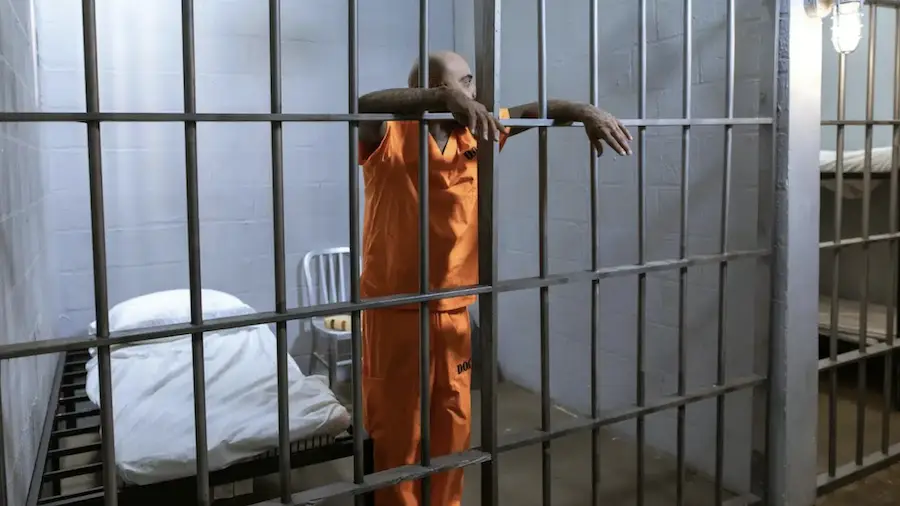Municipal governments and experts are putting pressure on the Ministry of Health for a coordinated response against dengue.
Representatives of entities from municipalities and states, in addition to experts consulted by the CNN believe that one of the options for a centralized and agile response to combat the disease is to declare a Public Health Emergency of National Interest (ESPIN).
The Ministry of Health, however, has ruled out this alternative for now.
In the municipalities, the vice-president of the National Front of Mayors (FNP) and mayor of Campinas (SP), Dário Saadi, stated that the situation requires a technical discussion on the progress of the disease, in addition to the need to debate financing for the municipalities for purchasing inputs.
The FNP sent, this Tuesday (5), a letter to the ministry to request a meeting with minister Nísia Trindade.
“I believe there is a need for national coordination, discussing specific financing for municipalities to combat dengue, understanding the vaccine schedule, especially the [Instituto] Butantã”, stated the mayor.
Saadi stated that he recently faced difficulty in purchasing rapid dengue tests for the municipality, in addition to finding the input at a higher price than usual.
The governors of the South and Southeast, through the South and Southeast Integration Consortium (Cosud), signed a commitment, last Saturday (2), to demand more resources to combat dengue and information about vaccination.
The president of the National Council of Health Secretaries (Conass) and Secretary of Health of the State of Minas Gerais, Fábio Baccheretti, states that ESPIN is not necessary at this time and that resources have reached the states.
According to Baccheretti, Conass has advised states to request an emergency when the case curve points to a possible epidemic in order to advance transfers. For Conass, dengue has a curve between 4 and 5 weeks of increasing cases and then a sharp drop.
Conass, however, believes that training teams with support from the ministry can improve care and prevent deaths. The council also asked for greater support for states in the southern region. Historically, this part of the country has no cases of dengue fever, which reinforces the need for care guidelines.
“ESPIN would not change the financial flow that already exists. During Covid, it was important because we needed a much larger resource than anticipated. Dengue is known, the treatment is supportive, with hydration. We have resources available. We do not see benefits from the decree in practical terms. Dengue is something routine and we managed to beat it”, said Baccheretti.
A CNN contacted the Ministry of Health since 7:10 pm this Tuesday (5), but did not receive a response until the closing of this report. The space remains available for the folder to demonstrate.
However, epidemiology experts believe that the ministry should have already declared the emergency to increase the speed of resource transfer and the public network's service capacity.
Behind the scenes, with caution, some infectious diseases experts predict the worst epidemic in the country's history, with the possibility of up to 3,000 deaths recorded from the disease in 2024. As of this Tuesday (5), eight states and the Federal District have declared an emergency due to the disease . Projections, based on the evolution of the disease in other years, also point to a peak of the disease between the end of April and May.
Among those interviewed, there is a consensus that the decree could intensify treatment and testing guidance to serve the population.
The infectious disease specialist and researcher at Fiocruz, Júlio Croda, states that the emergency needs to be declared in the face of the “threat” and that we are already in a situation that requires measures to detect, treat and combat dengue.
“There is no technical justification for not declaring a national emergency. It is an important legal basis for transferring resources. These resources can be used, for example, to hire personnel. We have a scenario of dengue fever and an increase in Covid. This will place demands on the health system, which is already overloaded.”, commented the scientist.
For Wanderson Oliveira, former National Secretary of Health Surveillance at the Ministry of Health under Henrique Mandetta and a federal public servant, the decree of ESPIN could bring “focus to the response” and give direction to municipal actions, in addition to sending a message of unity for society, in the face of an atypical situation. For the epidemiologist, this decree would also enhance all the actions that are already underway at the ministry.
“There are regions where dengue has not yet arrived. This coordinated mobilization helps with prevention in these places and also with mitigation, in municipalities where there is already spread”, commented Oliveira.
Scientists still complain about the delay in notifying deaths, which results in inconsistent data on the progress of the disease and the cause of death, which impedes containment measures. As of Tuesday (5), the ministry's panel showed 744 probable cases of deaths and 278 confirmed ones.
“Given the large number of deaths that are under investigation compared to those confirmed, this investigation could be accelerated to better understand why the deaths are happening. Unfortunately, the Ministry of Health is delaying a measure that will be necessary sooner or later”, pondered infectious disease specialist and professor at Unesp Botucatu, Alexandre Naime.
Health emergency decree
Decree 7,616/2011 establishes the criteria for a Public Health Emergency of National Importance. The document presents five items that can justify the national emergency. Among them, experts believe that the current epidemic already meets three requirements:
- risk of national spread
For experts, there are vectors throughout the country and the flow of tourism during Carnival is a factor considered important for the movement of the disease between regions;
- high gravity
At this point, the high mortality and data between epidemiological week 7 and 8 with a 60% increase in deaths confirmed by dengue, would be a criterion
- extrapolation of the response capacity of the state management of the Unified Health System – SUS
The Federal District has already announced the collapse of the healthcare system.
The other two points foreseen for national emergency do not apply to dengue. They are: a disease produced by an unexpected infectious agent and reintroduction of an eradicated disease.
Source: CNN Brasil
I’m James Harper, a highly experienced and accomplished news writer for World Stock Market. I have been writing in the Politics section of the website for over five years, providing readers with up-to-date and insightful information about current events in politics. My work is widely read and respected by many industry professionals as well as laymen.


.jpg)




